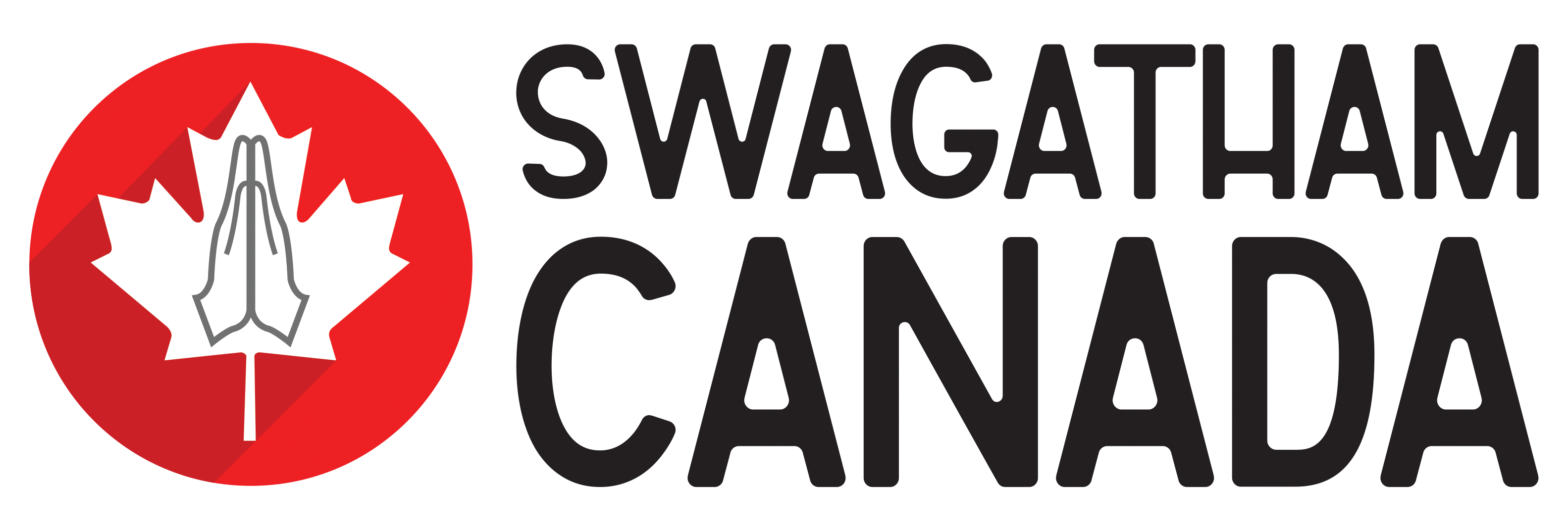Toronto: International students opt to study at Canadian universities in large numbers every year, with over 130,000 enrolling each year. Apart from having an excellent educational system, Canada also offers a diverse range of opportunities and a dynamic cultural environment. Research, scientific publications, and international collaborations are three of the most important components on which Canada and its academic institutions place a strong emphasis.
Is it, however, that difficult to obtain a student visa, also known as a Canadian study permit, for study in Canada? Finding out where you want to study will be extremely important when deciding where to go to college. Specifically, what steps must you take to obtain your student visa for Canada, and how tough is this process?
Let’s go on a discovery journey together!
1. Submit an application to a Canadian university and receive an admission letter
If you are still undecided about where you want to study in Canada, you will need to make a decision before you can begin the application process for a student visa. The letter of acceptance you will receive after being accepted into a Canadian university is essential for the visa application.
Here are some Canadian universities that we think you should consider:
- University of Toronto
- University of Manitoba
- University of Winnipeg
- York University
- Thompson Rivers University
2. Determine whether you are required to apply for a student visa in Canada
You can use the official Canadian study permit tool to determine whether or not you require a study visa or permit to study in Canada. It is not necessary to obtain a student visa if you fall into one of the following categories:
- You are a member of the family or a member of the staff of a foreign official in Canada who has been granted accreditation by the Department of Foreign Affairs, Trade, and Development.
- In this case, you enroll in a study programme that will last no more than six months.
- According to the Visiting Forces Act, you are a member of foreign military forces.
- Despite the fact that you are a citizen of another country, you have been granted Indian status in Canada.
Keep in mind that the study permit/visa does not serve the same purpose as a standard visa, which allows you to enter or travel to Canada. You will require a travel visa or an Electronic Travel Authorization in order to do so (eTA).
3. Begin the process of obtaining a Canadian student visa by submitting an application
As soon as you receive an acceptance letter from the university, it is time to move on to the next phase, which is applying for a student visa, also known as a study permit in some parts of the world.
The first steps in acquiring a student visa are as follows:
- Before you arrive in Canada, you should apply for your Canadian student visa on the Citizenship and Immigration Canada (CIC) website, which can be done online.
- If you have a limited internet connection or are unable to submit the visa application paperwork online, you can send the documents via postal mail.
- Send proof of enrollment (an acceptance letter from a selected educational institution) (a university recognized by the Canadian government).
- Provide documentation demonstrating that you have sufficient financial resources to support your studies in Canada (tuition fees and living expenses).
- Provide documentation demonstrating that you have no criminal background.
- Provide clinical documents indicating that you are in good health; if necessary, provide results of thorough medical examinations.
As a result of recent changes to visa requirements, if you have a family member who is employed or seeking employment authorization in Canada, your application for a study permit will be processed in two weeks. You may be eligible to renew or extend your study permit if you meet the following criteria:
- you would like to continue your education
- There is an extension to your programme
- You decide to attend a different university
It is necessary to complete your studies in the country within 90 days of obtaining your study permission (after you receive a notification of the programme completion). Staying in Canada to travel and discover is still an option, as is applying for a work permit, which will allow you to work full-time, part-time, or even as a self-employed individual in Canada.
Check to see if your country of residence is on the list of biometrics demands for the study permit application before submitting your application.
4. Gather all of the necessary documentation for obtaining a student visa in Canada
- Application for a student permit that has been fully completed
- The university’s original letter of acceptance can be found here.
- A valid passport or travel document that allows you to leave the country and return home is required. If you live in the United States, you do not need to do anything.
- Two current passport-size pictures, with the backs of the photographs bearing the details of the subjects’ names and dates of birth.
- Demonstration of financial support for the duration of your educational programme. That is, you must demonstrate that you have between 10,000 and 11,000 CAD per year to support yourself while in the country.
- A letter of intent is a formal document that states your intentions.
- A Certificat d’acceptation du Québec, English and French translations of your documents, a declaration from the translator, and a certified copy of the original documents are also required if you wish to study in Quebec.
- You must provide proof that you have paid the study permit fee (150 CAD)
5. Requirements for studying in Canada in terms of language
The list of required documents for a Canadian student visa does not include documentation demonstrating proficiency in the English language. However, unless you are from an English-speaking country, Canadian colleges will need you to submit documentation demonstrating your ability in the English language. The following are examples of acceptable language tests:
- IELTS Academic
- C1 Advanced
- PTE Academic
- TOEFL iBT
6. Appointment for biometric testing and interview
Depending on your nationality, you may be required to appear in person at a Visa Application Center in your country in order to have your biometrics taken for processing. The biometrics fee is 85 Canadian dollars. Additional fees are required in addition to the standard Visa Application Fees (see below) (150 CAD). Some nations are excluded from the biometrics requirement, which means that their residents will not be required to visit an application centre at all.
You may also be invited for an interview, which will be determined by your specific position and qualifications. Local visa application centres will charge a nominal fee for their services, which will be collected by the government.
7. How long does it take to acquire a study permit in the United States?
Following the submission of your application for a Canadian study visa, the processing time may take up to 90 days, but it is frequently much less. This is also dependent on the situation in your place of origin.
You can take advantage of the Student Direct Stream in order to obtain your study permit more quickly. Prices begin at 150 Canadian dollars, with processing times typically averaging approximately 20 calendar days. The Student Direct Stream is exclusively available to students who are citizens of the following countries:
- India
- China
- Pakistan
- Philippines
- Morocco
- Vietnam
- Senegal
More up-to-date information about the Canadian student visa can be found on the Canadian government’s official student visa page.
For more immigration news, please visit our immigration section








